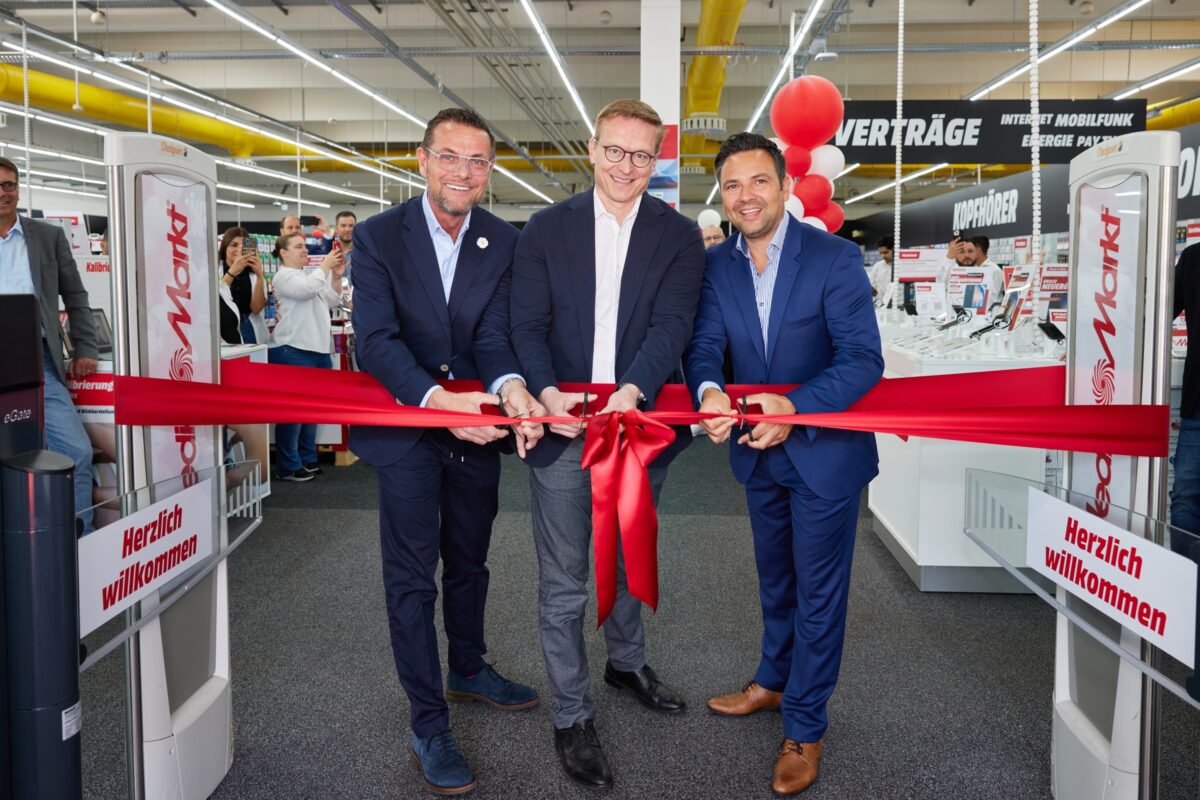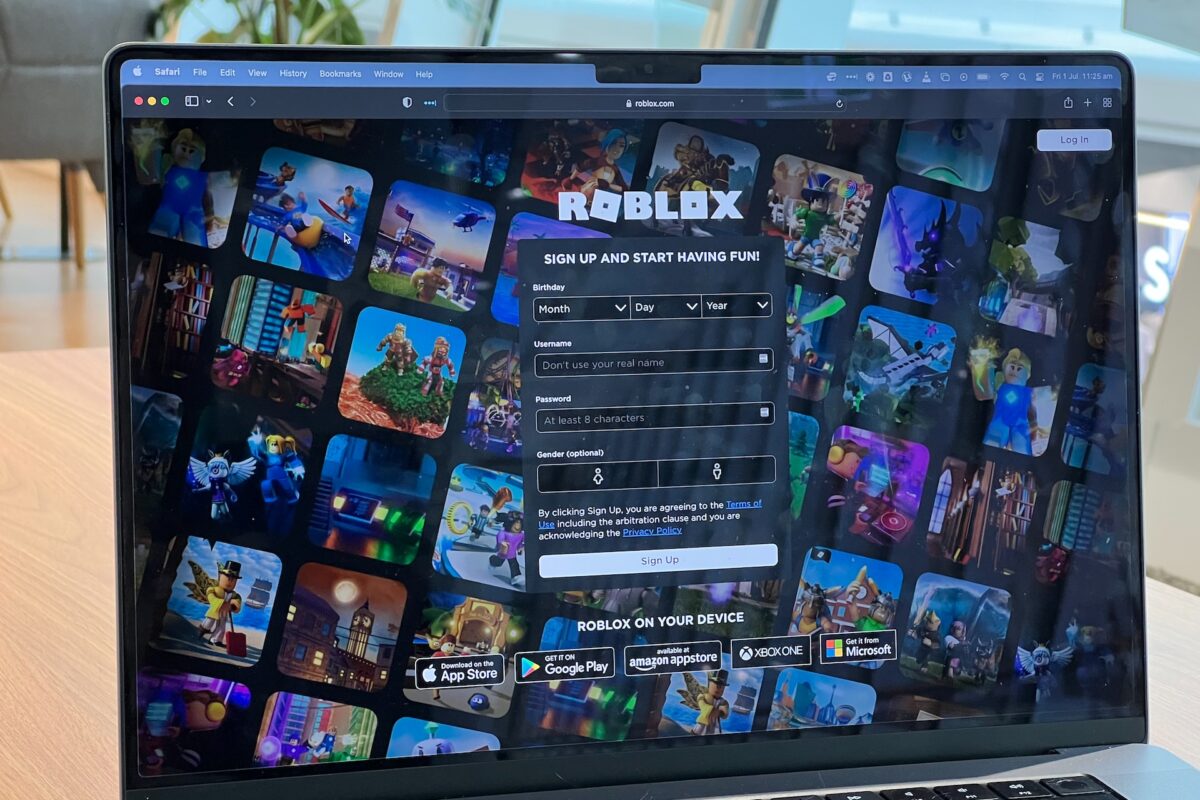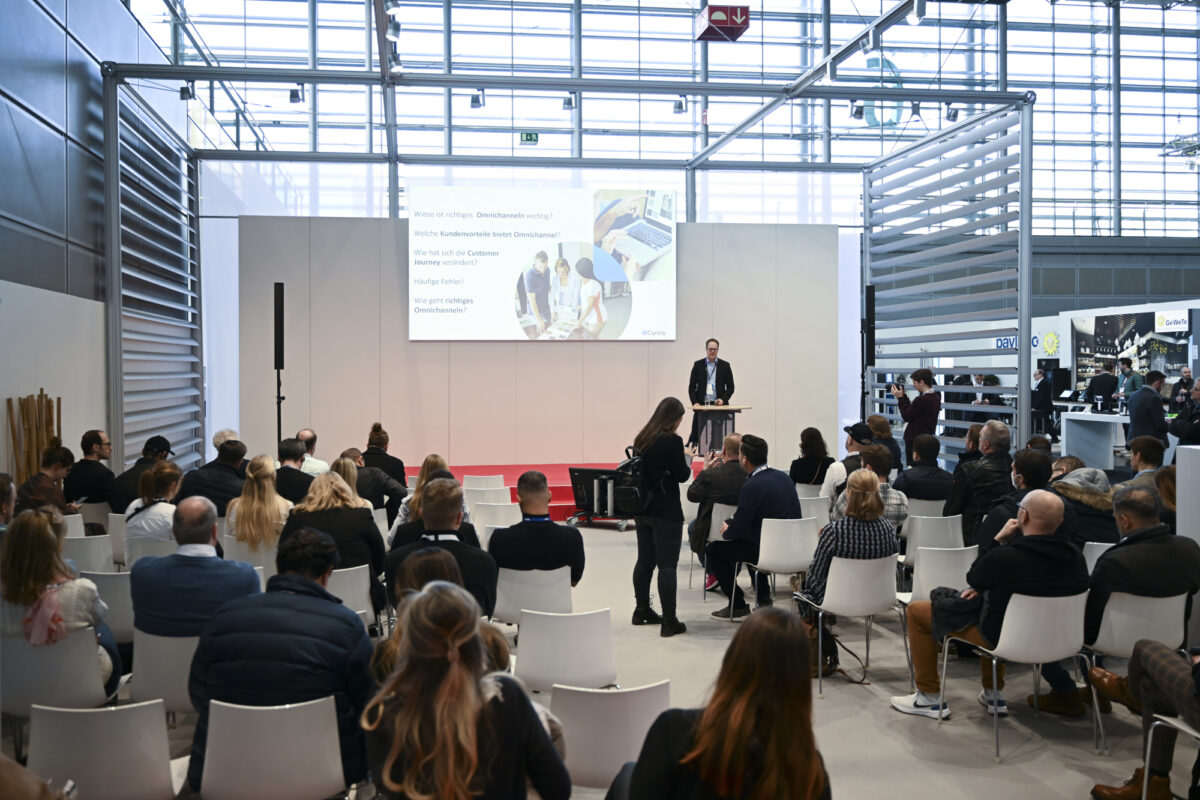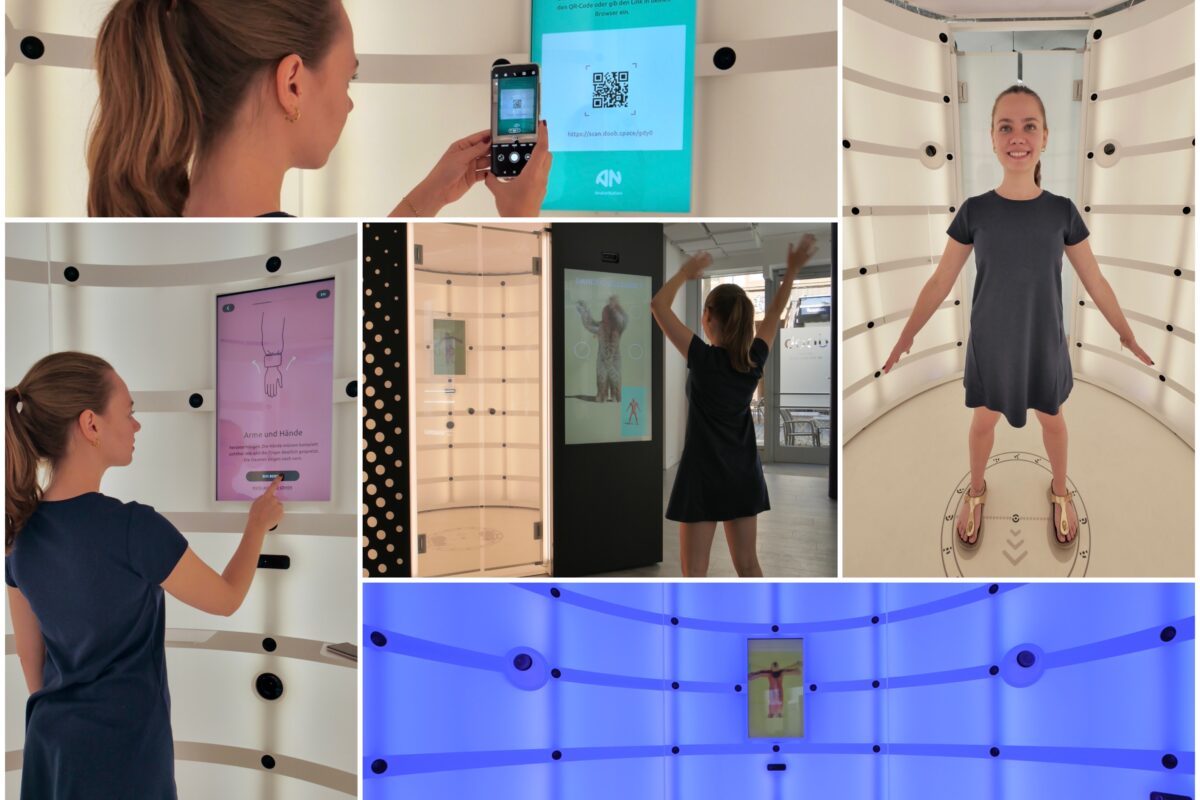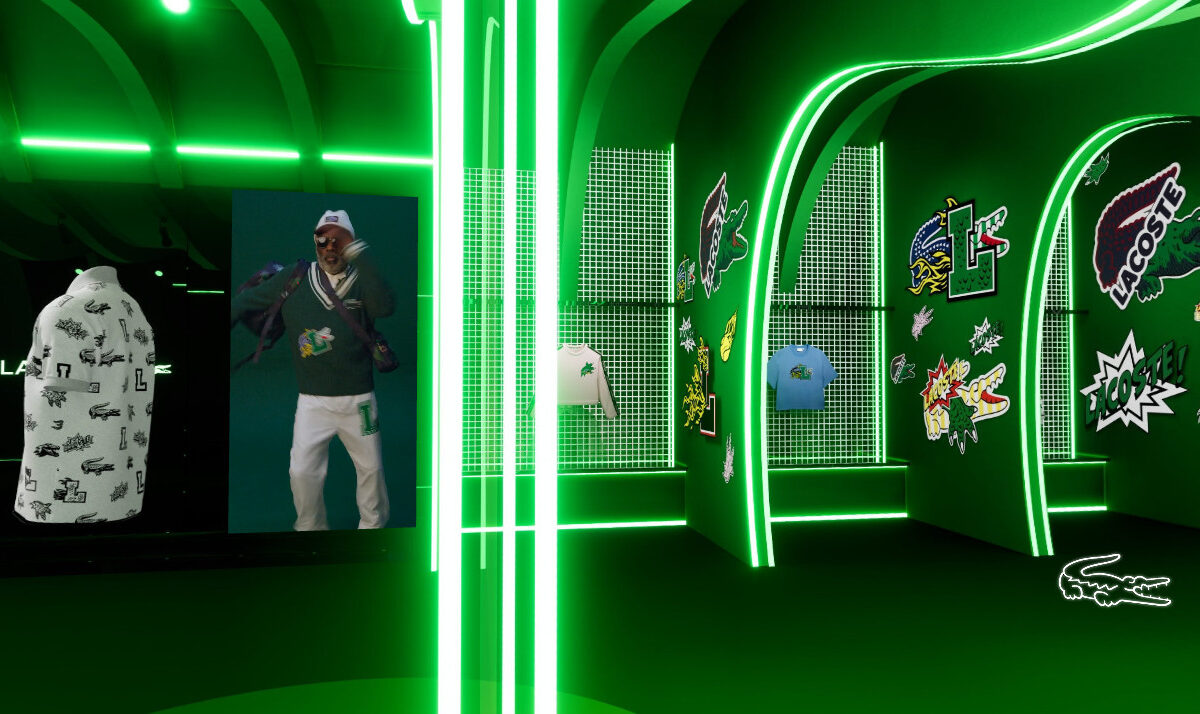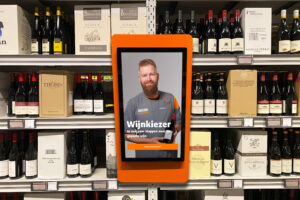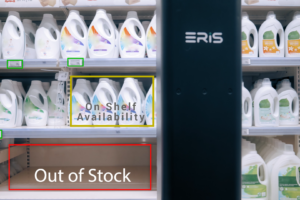Henning Henningsen on self-reflection, spirit of exploration and mentors in e-commerce
A great education is important, but practical experience and a spirit of exploration matter even more according to Henning Henningsen, Chief Product Owner E-Commerce Technology at AUDI. We talked about his career and found out why mentors and the right mindset are key factors when it comes to professional success in e-commerce.
Henning, you first did a banking apprenticeship and then worked as a banker. After that, you switched to “media management” and then shifted to “e-commerce”. What prompted all these moves?
I had two options after school: I could either start an apprenticeship in an advertising agency or at a bank. I ended up choosing banking as it offered a “more solid” education.
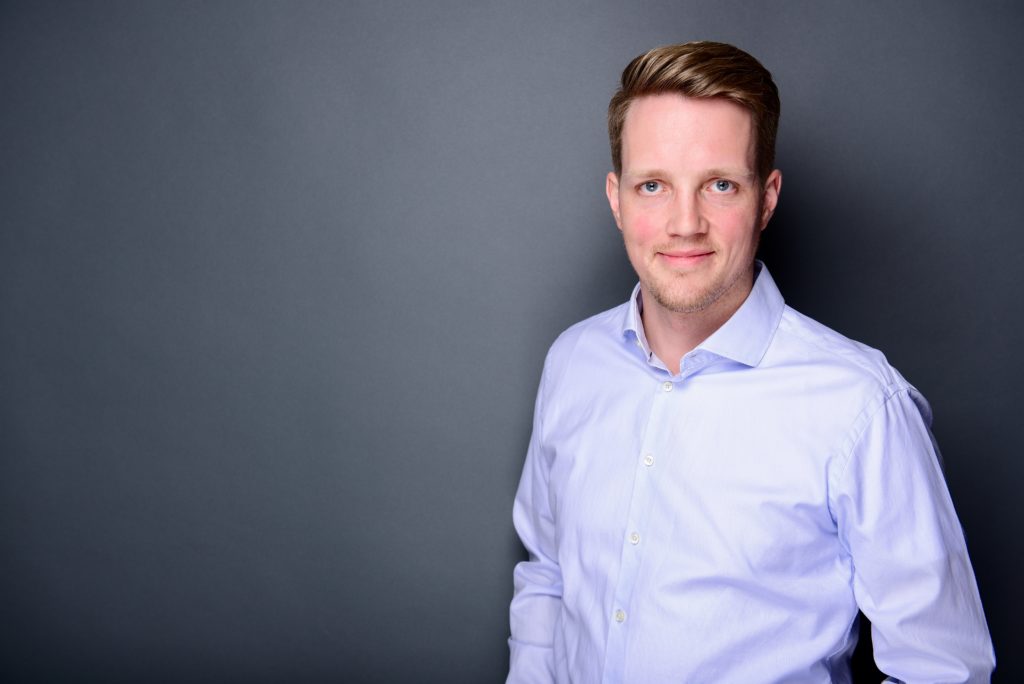
Henning Henningsen is Chief Product Owner E-Commerce Technology at AUDI Germany. © privat
It allowed me to learn a lot about consulting services and how to explain complex investment products or financial models to customers and make them more accessible. Yet at some point I realized that I was selling products that I would likely not obtain myself. It marked a turning point where I asked myself, ‘What’s next for me?’
“Take time for self-reflection! Take stock and explore your next steps!”
What gave me purpose during this time was my volunteer work with the International Wheel Gymnastics Federation (Internationaler Rhönradturn-Verband). I managed the Federation’s online presence, which prompted me to embark in media studies at the Hochschule Macromedia, University of Applied Sciences in Hamburg, specializing in “Crossmedia and Online Management”. This allowed me to acquire a broadly diversified and practical education, which set the course for my next steps: As part of a student project at NetImpact Framework GmbH – back then a agency partner of OTTO – I met Tarek Müller, who today is one of three managing directors of AboutYou.
That means this student project was your first foray into e-commerce?
That’s right. Back then, we were invited to visit the agency of Tarek Müller and Alexander Graf, giving me two contacts that have a strong presence in the e-commerce sector. They opened up new vistas for me and in a way challenged and shaped the way I think and act and thus honed my business acumen.
Do you think having a mentor is more important than ever, especially in the digital age?
Absolutely, I totally agree with that, although your mentor doesn’t necessarily have to come from the digital industry. Besides Tarek and Alexander, I had a mentor in sports who primarily guided and enriched my life on a personal and developmental level.
In my experience, there are always phases where you have one or more mentoring relationships that shape, enrich and challenge you as a person. But times change, which is why you should always continue to look for new mentors and sponsors throughout your life. These might be people who inspire you or share the same kind of business values. Finding a mentor is not an easy feat, but I think it is essential to reach out and improve yourself and expand your knowledge and skills.
Did you end up at AUDI right after completing your e-commerce master’s degree?
Not right away. I made the AUDI connection thanks to a former fellow student and friend. We met during our bachelor’s studies and then completed the master’s degree in e-commerce together. Subsequently, I worked at the Etribes management consulting firm, with Tarek and Alexander as partners. It was an exciting time. I already was in charge of several minor consulting mandates there during my studies. I quit that job six months after finishing my studies and went to AUDI, one reason being that I wanted to do something else.
”If at some point you feel that you are no longer moving forward, look around you before you start walking in circles.“
What is the most fascinating aspect about e-commerce for you?
I am currently working in an area that emphasizes the technical perspective of e-commerce and I see myself as an “enabler” of sorts by providing specific functions to improve the customer experience and make it even better. I found my personal purpose in “enabling” as it relates to the technical perspective.
I might change my focus down the road as there are so many exciting areas in e-commerce and beyond that I still want to explore and that promise to improve my personal development.
“We aim to be an enabler for digital innovations and facilitate digital services at AUDI at a rapid pace in the future.”
What was in store for you when you came to AUDI?
Back then, the company was in the process of introducing e-commerce technology. The departments were divided into static pillars. We tried to bring together the experts in a joint team across departments and worked together as a product team or so-called product owner. My former fellow student and current colleague and I were the first two and then quickly grew to ten. We are now working together in appropriate teams. Of course, we are faced with the challenges posed by Group structures, too. Of course, we try to bring our agile mindset and our cooperation model into the organization. Sometimes this works better, but in other places we are still working.
We keep coming back to the right mindset. How much does this aspect affect e-commerce success?
Technology is one important aspect, the other factor is the right mindset. That’s why we have looked at the product as a business model right from the start. It was imperative to determine how resources can be used productively to develop maximum customer lifetime value. This is one of the essential elements of agile project management. We continue to pursue this approach and try to set up the technologies to where they are viewed as a product and not as a project.
Does agile project management actually have a typical daily routine, and if so, what does that look like for you?
There’s no such thing (laughs).
At the onset, we wondered how we can best work together as an effective team since our team is spread across southern Germany. Many colleagues work from home. As a result, we come together under one roof and try to collaborate at the same location twice a week. This is where we have our scrum meetings with sprint planning, daily scrum, sprint retrospective and sprint review. We have come to realize that the human factor is key in teamwork. We also have many video conferences and calls.
What is your take on the types of qualities and skills e-commerce entry-level professionals or career changers should have?
Above all else, they should have a spirit of exploration and a certain level of curiosity and they should be self-motivated learners. “Learning by doing” so to speak. It is important for innovative companies to allow and embrace mistakes. It’s not a problem if something goes wrong and can be worked out as a team. I also think it is key to be proactive at work. If a team member sees opportunities and potential for development, he or she should be an active contributor. This feedback channel, the fresh pair of eyes of someone who is new to the company is extremely important.
Can you offer some takeaway advice for those who are interested in e-commerce?
Gather as much practical experience as possible! This might include working as a student trainee, internships or embarking on your own projects on the side to gain lots of experience. Try new things, test technologies to understand how they work, etc. All of these experiences feed your spirit of exploration, which I mentioned earlier. Anyone who is flexible, adaptable and proactive brings a variety of great assets to a company.
Interview: Melanie Günther






